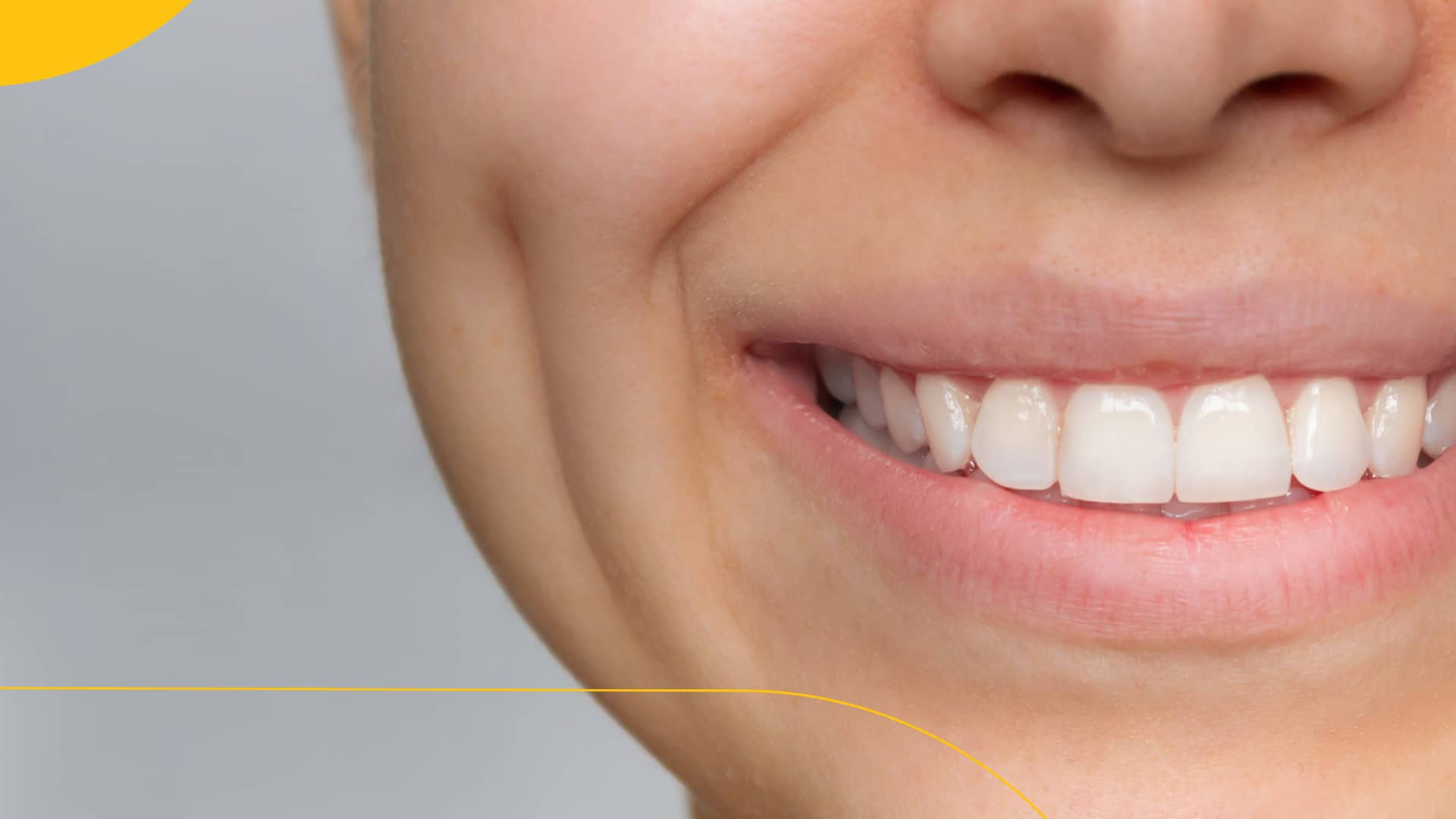Periodontitis and gingivitis are the two periodontal diseases. Gingivitis is an inflammatory disease, which comes from the accumulation of bacterial plaque or tartar at the base of the teeth, next to the gum. It causes visible and uncomfortable swelling in the gums and makes them bleed easily when brushing your teeth – healthy gums shouldn't bleed if you brush your teeth regularly. Periodontitis, in turn, implies an increased susceptibility – which is hereditary, that is, transmitted from parents to children – to a potential bacterial infection, which may lodge between the tooth and the gum. In addition to swelling and bleeding, periodontitis can include widening of the space between the teeth and, consequently, loose teeth, longer teeth (because the gums recede), bad breath and discomfort in the palate.
Periodontitis is the sixth most common disease worldwide. In Portugal, the latest studies point to a prevalence of around 11% of the population, a number that is estimated to be much lower than reality, due to the lack of information about the disease and what its symptoms are, which leads to many undiagnosed cases.
Being an inflammatory disease, periodontitis has a systemic component, which makes it associated with the appearance of numerous other pathologies, including cardiovascular diseases, obesity and even respiratory infections. For all these reasons, the treatment of periodontitis should be considered a priority, not only in terms of well-being and quality of life, but also as a primary and fundamental health care.
If your gums bleed or if you have any of the other symptoms mentioned above, consult a dentist and find out what is going on with your gums and which treatment is most appropriate for your case.
Joaquim Chaves Saúde also offers, in its Clinical Analysis laboratories, a research panel of bacteria associated with periodontitis. In these tests, it is possible to know the result in 10 days and quickly begin to deal with this problem, with professional follow-up.
